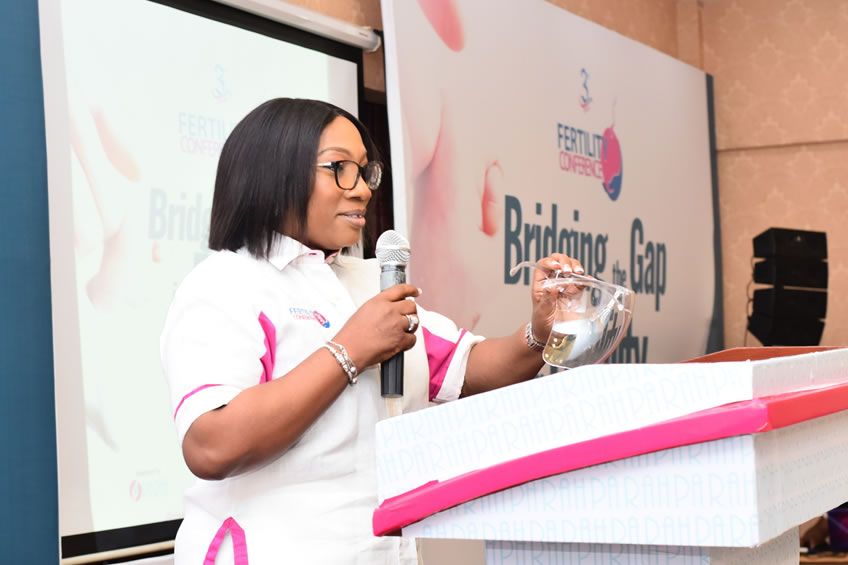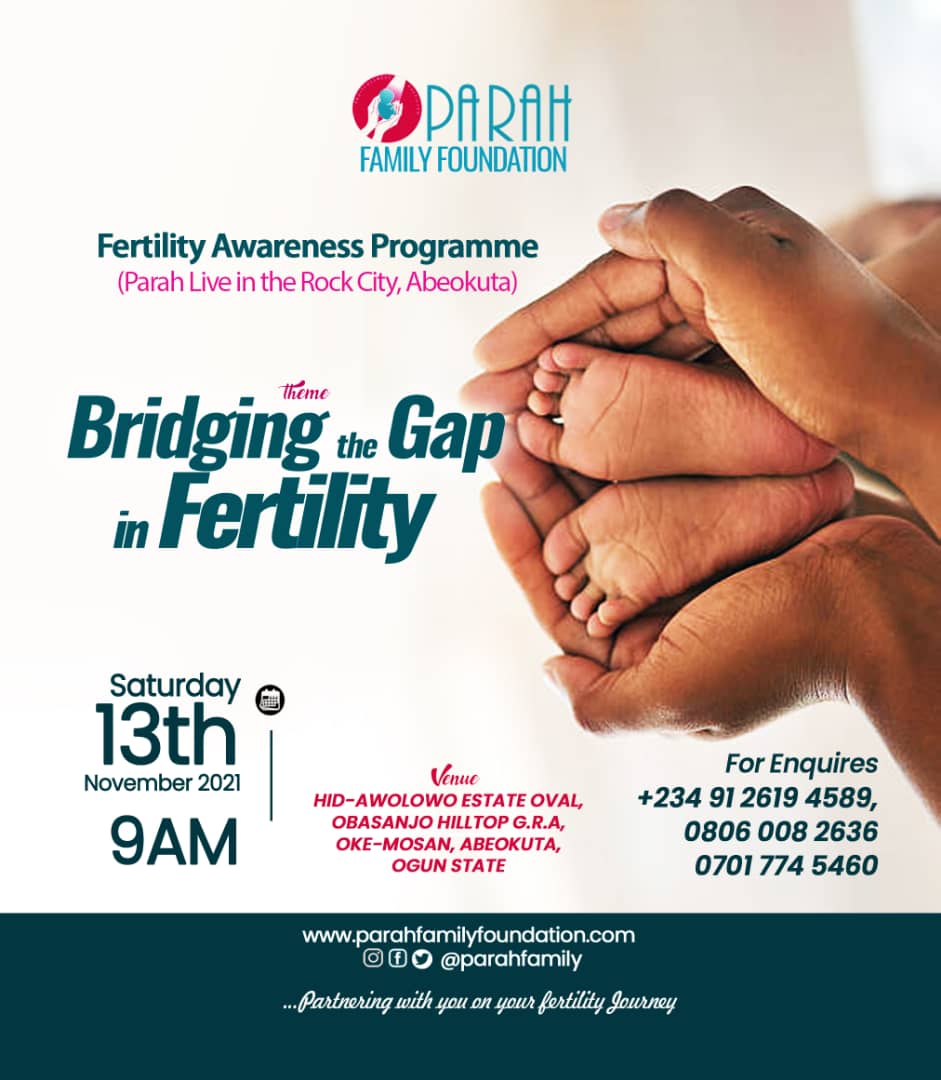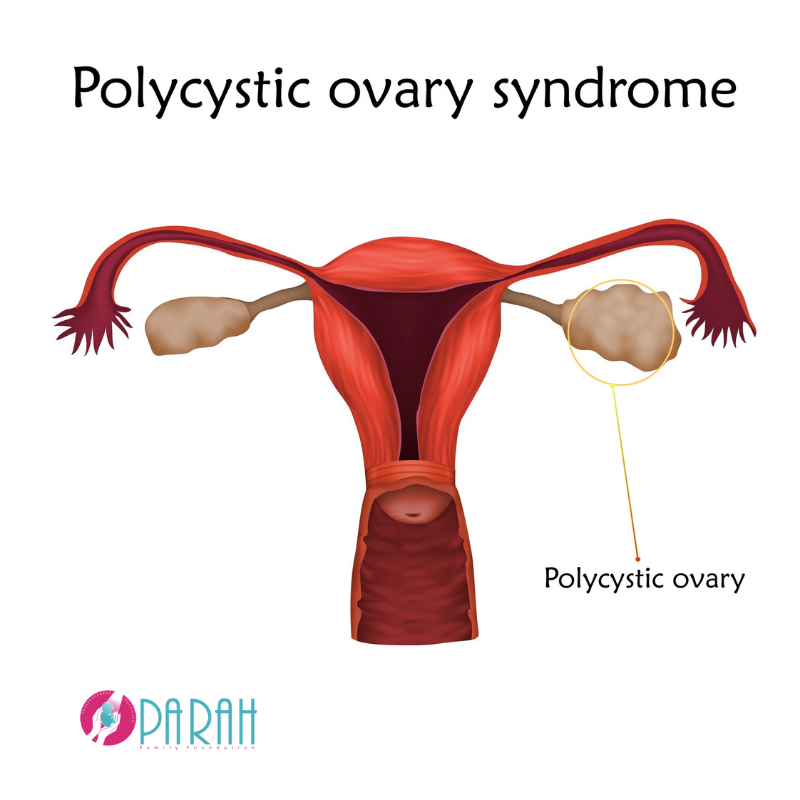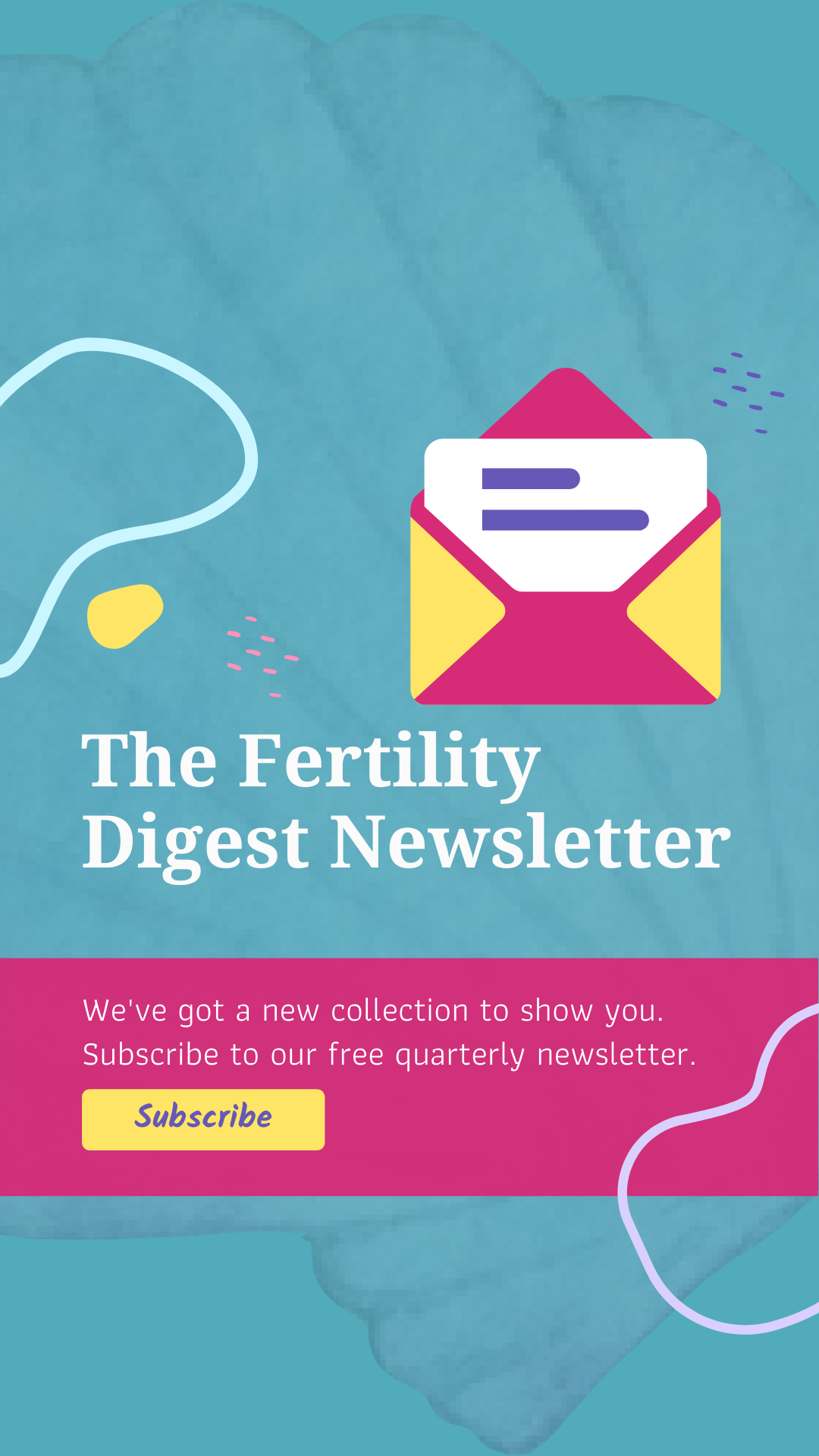Odukoya… Restoring hope through Parah Foundation
The journey to Parah is a personal experience. I got married late. But it was taken for granted that one should get pregnant immediately. Unfortunately, it did not happen that way.However, we were not disturbed in the first two years. We were more or less having our honeymoon. By the third year, we started becoming disturbed. We went to the doctor and did all sorts of tests. It was found that one of my tubes was blocked. At that time, In Vitro Fertilisation (IVF) was not that common but the doctor advised that it was the only solution. The cost was about N4million. It was around 2001/2002. We got married around 1998.
We started with Intrauterine Insemination (IUI); we tried it about three times. It did not work. So, we just left things that way and continued enjoying ourselves while praying and believing God that it would happen naturally. There was a time we even went to the United States and did all the necessary tests. We were scheduled to go back for the procedure until a friend referred us somewhere in the country in 2005. The doctors there also confirmed that IVF was the only solution. So, I tried the fourth time, it did not work out. Then again, it did not work. The sixth attempt was successful up to three months before I lost the pregnancy again.
It became clear to us that there may also a spiritual aspect to the journey. I had to attend a programme at the Redeemed Christian Church of God (RCCG) camp where hands were laid on me. Afterward, I went in for the procedure and that was it. Throughout the pregnancy, there were no issues; it was smooth. I had my daughter, Inioluwa Naomi Odukoya.
That was the journey. But I remember that while still in the hospital, a message came to me that since you have gone through this, encourage and help others in a similar situation. I had enjoyed the journey because I married my friend and he shielded me all through. There were no pressures or external influences. We had a good time waiting on God. But not so many have such experience. However, I didn’t meditate on that message.
I had my baby in 2007. In 2009, the message came again that I should comfort others. The word came that I should look around me and start something. I work in a place where we have a lot of employees. I work in an engineering firm as a Chartered Accountant. There was a particular lady who was close to me and was also waiting at that time. I called her and told to her to go through the system and find out how many people were going through similar experiences.
She identified about 12 other ladies. We got their names and I shared my vision. We got an eatery and invited them for a time together. It was a touching experience because each one just did not know what others were going through. At that time, some marriages were on the brink of collapse. People broke down and we prayed. This was in 2011.
Together, we decided to meet every 3rd Saturday of the month. Personally, I did not know the direction God was taking us. We were led to meet a woman who accepted to be the president for the initiative. Ever since there has been no looking back. We have been meeting consistently for the past nine years. Apart from the meeting, we have anniversaries in June. We have partnered with some fertility clinics and individuals who support the Foundation.
The Foundation is a support system; it counsels and advises. We have three focal areas – spiritual, family and medical. In the aspect of medical, we invite doctors to our meetings to share information that would help our women. It is so touching to find that a lot of people are living in ignorance. This is what we found out in our nine-year existence. Many women are not opening up nor looking for a solution to their problems. The only solution they seek most is when they go to churches and mountains to pray, for those who are Christians. But I know that faith without work is dead. If you do not put action, you might not see results.
The family aspect caters to what goes on in the family because if the home is not settled, conception would be difficult. There are some couples that confessed that it was during ovulation that they often quarrel and when you do not make love when the woman is ovulating, how do you get pregnant? Besides, it has been proven that men now have more reproductive challenges than women. We have men whose sperm get eaten up by spending so much time in traffic. We have men with low sperm count. There are issues of chemicals, alcohol, smoking and the likes that affect their sperm. There are also environmental-related challenges.
It has also been established that infertility issues is not a local problem. It is almost the same across the world. So, it is not always about the people in your village. When you get married, we encourage couples to tackle the challenge of fertility together. If it is just the woman working out the solution, it is more difficult. And most times, it is just ego on the part of men, especially when the fault is from the man.
So we have not only incorporated men into our programmes, we encourage wives to share what they learn with their husbands when they get home. When there is a need, we call some men from the meetings at the NUT Pavilion in Alausa, Lagos.
This initiative comes across as being more about enlightenment and advocacy. Isn’t it?
Yes, partly so. The third edition of our annual fertility conference, which holds on March 21, for instance, is a programme put together to further enlighten people. The first edition had Prof. Oladapo Ashiru as a guest speaker while the second had Dr. Ajayi. This year, Dr. Faye Iketubosin, the Medical Director, Georges Memorial Medical Centre and a past President of the Association of Fertility and Reproductive Health Practitioners, is going to be the lead speaker. We are also bringing in the world’s first IVF baby, Louise Joy Brown to share the experience. Louise, who clocked 42 this year, has had two babies through natural births. The conference’s theme is, ‘bridging the gap in fertility.’ We are bringing in doctors, counselors and experts from the adoption unit of Lagos State Ministry of Youth and Social Development, and the Lagos State Ministry of Health.
We also did an awareness walk in Lagos on February 15 to enlighten people that it is not one person’s problem; it is a nation’s problem. When there is no peace at home, there can be no peace at workplaces. It was the second edition of our fertility awareness walk to encourage many women who are waiting to speak out and get the right help. We used the opportunity to call on the government to render some assistance to families who are going through this condition because a lot of families with the challenge do not even have the wherewithal to undergo all necessary tests.
This is all about restoring hope to the hopeless. Today, we have cases of women over 50 who have carried pregnancies to term and have their babies. Today, because of the sustained enlightenment and advocacy, men are now opening up and turning in at the hospitals to be checked. It is no longer the woman’s headache alone.
We are also advocating for the younger generation to start looking at their fertility profile before they get married. We call the programme Youth Fertility Awareness Initiative (YFAI). It is for youths from secondary through the tertiary institutions.
In my case, for instance, it was infection from school that caused the blockage of my tube. While in the university, you would often have dirty toilets and all that. I treated infection for some time without knowing it had destroyed something in me. I got married thinking that as a virgin, I had no issues. It is the same with so many women who got married as virgins but cannot get pregnant naturally. So, infection is a major factor and we need to start enlightening them early.
During counseling, we even found out that some women were born without womb, without tubes. It was after marriage that some of them found out that they did not have those organs. Until people speak out, they may not know the best way out.
There are some who have not got pregnant just because they cannot read their ovulation; they do not know anything about hormones and they would have been married for 7 to 8 years. It is also interesting to know that for a woman, age is key. Statistics have shown that at 35, to use your eggs to get pregnant has become a challenge. I may have to advise you as a woman to use a donor egg, which is another problem entirely. There are men who now use donor sperm. In fact, this issue was a hot debate during one of our meetings. Would you rather use donor sperm or adopt. We support adoption as an option just as we support the use of donor sperm or donor egg as another option.
However, our culture is still not allowing some people to embrace the use of donor sperm or egg as an option rather than waiting endlessly for natural conception. On the flip side of it, there is a burden for me. If this generation keeps giving their eggs to the old generation, what happens to them when they want to have their baby? More so with the challenge of marriage not also forthcoming for most young women, creating the tendency that they may also get to old age before attempting for pregnancy. The issue then becomes a cycle. And the solution for them is to freeze their eggs when still very young before marriage. If a man is not forthcoming, then you freeze your eggs and explain to him what you did when he eventually comes. If you are a woman, your age is your egg. You cannot compare a 40-year-old egg with a 25-year-old. That’s why most doctors use donor eggs from university girls.
How easy has it been educating people in this part of the world to accept surrogacy, usage of donor sperm and eggs for the purpose of conception?
Parah Family Foundation is not a hospital. We are a support group that educates people on the options available such as IUI, IVF, ICSI, IPSI, IMSI, and the likes. They can select sexes and also do genetics.
Surrogacy is not widely accepted as IVF but people are doing it. It is just that because it is not legalised yet in Nigeria, people rarely talk about it.
IVF is more accepted even though we still have challenges with that. For instance, I get annoyed when people use IVF to get pregnant and go to church to testify without revealing that they took the IVF option. How then do you want the other person who has a similar challenge to know the way out?
What has kept the Parah dream over the last nine years?
I still work as the Group Chief Finance Officer of a big firm. I am a Pastor’s wife in RCCG and combine it with what I do at Parah, which is a 24/7 work. The fulfillment for me is in seeing families that had lost hope and were miserable and downcast becoming joyous again. I have just one child but I have become the mother of nations through Parah. I thank God for the grace and the power to be committed to the cause.
Of course, the challenge of finance has been constant but we are getting partners who help us to support families. Every conference, for instance, we give free IVF to families that can’t afford the procedure. We need support for such people.
Culled from Guardian




